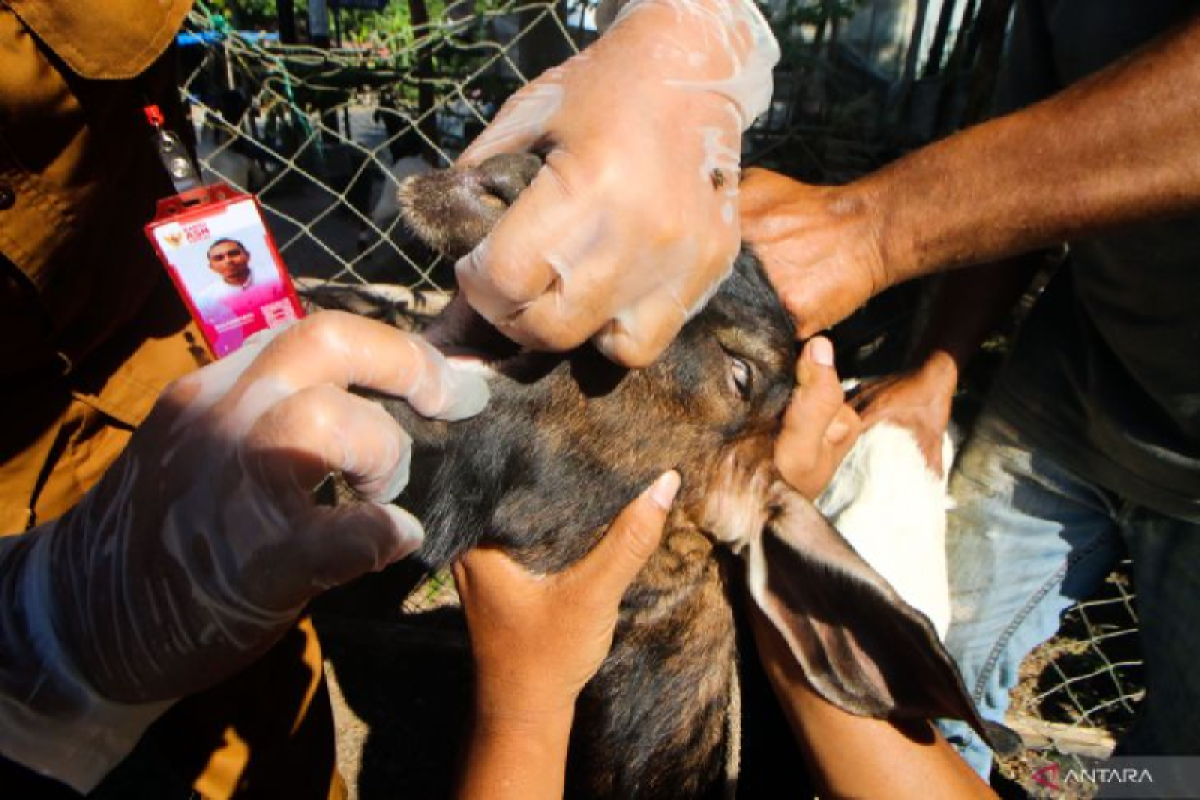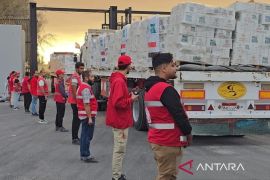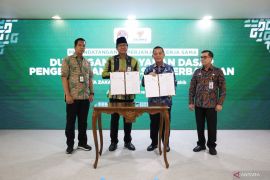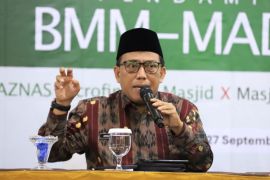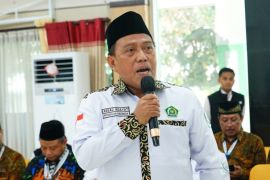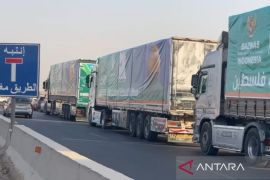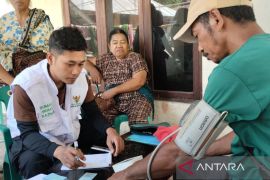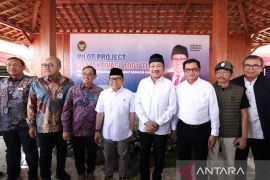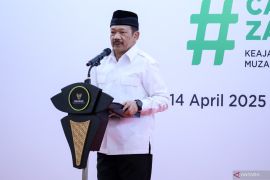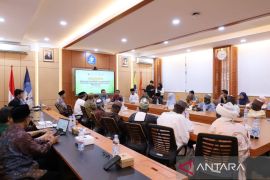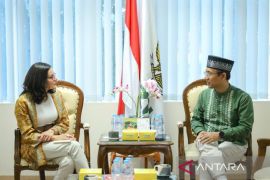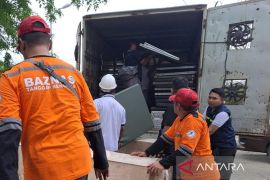“The Qurban ritual is a means to deal with a range of social challenges people are facing. The distribution of sacrificial animals’ meat can help address economic inequality and poverty,” he noted in the agency’s statement cited here on Friday.
Achmad then remarked that by performing the ritual, Indonesian Muslims can contribute to the government’s efforts aimed at alleviating poverty in the country.
The agency head emphasized that the more people comprehend the essence of Qurban and conduct the ritual, the more meat will be distributed to those in need.
He then encouraged more Muslims to donate sacrificial animals to receive God’s blessings on the occasion of Eid al-Adha.
The official remarked that Baznas had been making efforts to elevate the living standards of people through Qurban.
Related news: President Jokowi to donate sacrificial cows to all provinces
“We are carrying out two important tasks for this year’s Eid al-Adha, namely collecting and distributing the meat of sacrificial animals to all regions in the country, including frontier, outermost, and remote (3T) areas,” he stated.
In addition to distributing Qurban meat to 3T regions, he revealed that the agency is seeking ways to deliver the meat of animals sacrificed by Indonesian Hajj pilgrims in Saudi Arabia to Indonesia.
Meanwhile, Taufiqurrahman, a preacher, remarked that Muslims who do not perform Hajj pilgrimage this year can still celebrate Eid al-Adha by offering sacrificial animals, fasting on the day of Arafah, and performing dhikr and salawat.
He believes that the Qurban ritual will not only help donors of sacrificial animals strengthen their bonds with God but also with fellow humans.
“Offering sacrificial animals proves our obedience to God’s orders. We can get a lot of benefits from conducting Qurban,” he stated.
Related news: Ministry holds animal slaughter ceremonies in border areas
Translator: Sean F, Tegar Nurfitra
Editor: Yuni Arisandy Sinaga
Copyright © ANTARA 2024
